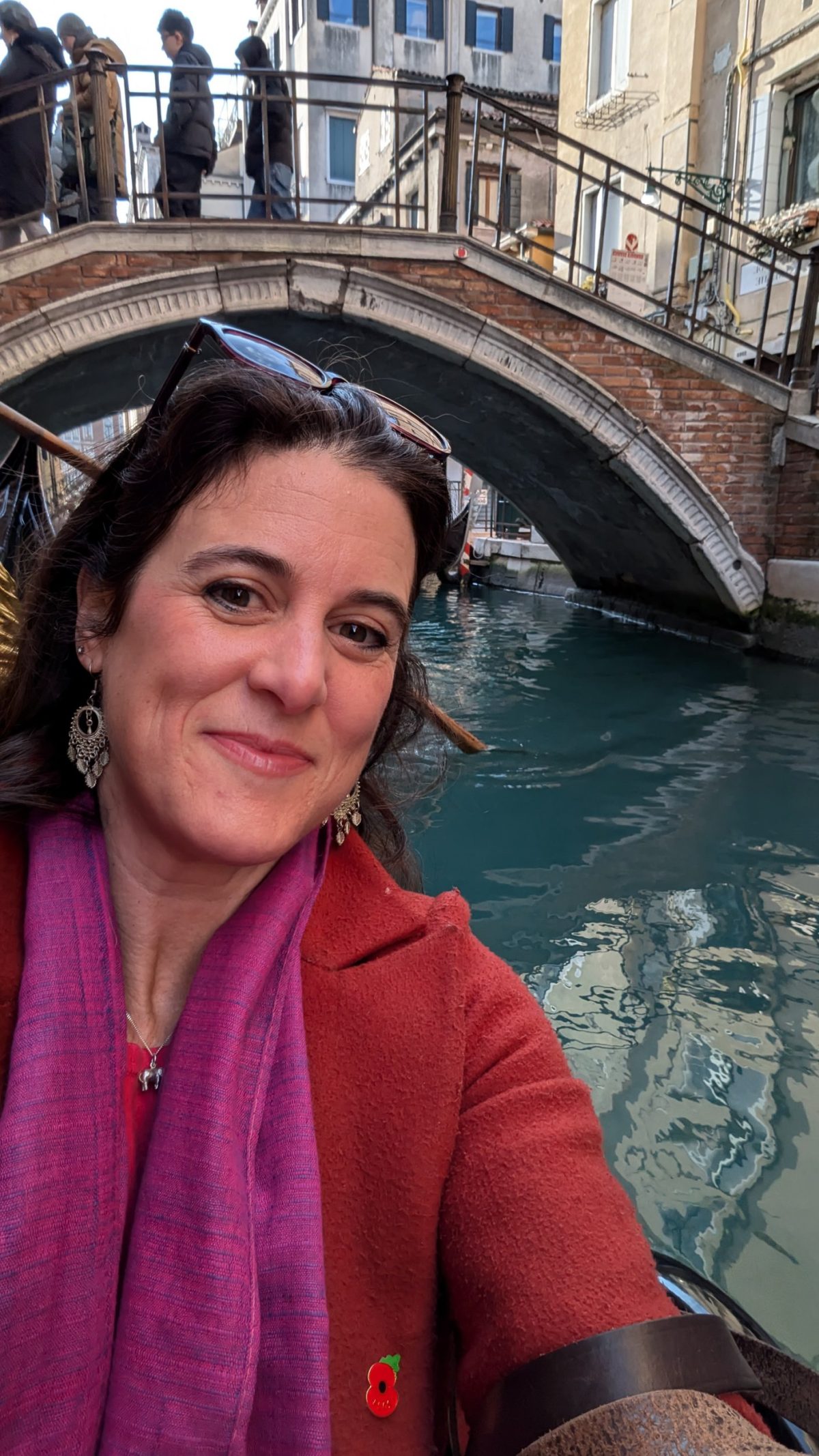
A Late Realization About Pension Planning
At 52, I find myself surrounded by friends who are financially secure and have been consistently contributing to their pensions for over three decades. Many of them are now considering early retirement or reducing their working hours. In contrast, I have recently come to the painful realization that I am not adequately prepared for my future. A recent report highlighted that four in ten Brits are not saving enough for retirement, and I am one of them.
The situation is even more concerning when considering that almost half of working-age adults are not contributing to a private pension at all. The retirement age is currently set at 66, but it will increase to 67 in 2027 and then to 68 in 2046. There are discussions about accelerating this timeline due to concerns about the sustainability of state pensions.
Automatic enrollment into workplace pensions, introduced in 2006, has significantly increased participation. Today, 88% of eligible employees are saving into pensions, up from 55% in 2012. While this progress is commendable, it doesn’t change the fact that I was not part of this system when I first started working in 1995.
Back then, workplace pensions were not mandatory, but I made the sensible decision to join the company pension schemes in my first two jobs, contributing around 10% of my salary each month. I assumed that my career would be stable and that I would continue contributing without interruption. However, life had other plans.
In 2003, after having my first child, I left my salaried position to become a freelance author and journalist. This shift meant my pension contributions stopped along with my regular income. Focused on raising my child and writing a book, I neglected to think about my long-term financial security. My parents urged me to consider a pension, but I didn't act on their advice.
By 2005, my husband and I started making small monthly payments into a Scottish Widows pension. We also maintained our National Insurance contributions, ensuring we would receive a state pension. We believed that combining these two sources would be sufficient for our retirement. However, we underestimated the challenges of self-employment.
Over the next two decades, journalism fees stagnated and eventually declined. Additionally, my divorce in 2025 forced us to stop contributing to our private pension. After 20 years of contributions, we will receive approximately £6,550 annually, which is far from ideal. Our workplace pensions, which I only contributed to for three years each, will provide an additional £2,000 per year after being split.
Had I continued contributing to either of those pensions, I wouldn’t be as worried about my financial future. I deeply regret not prioritizing my pension over other expenses. There were always more pressing needs, such as buying a house, childcare, and school fees. I could have lived more frugally, but I don’t regret the investments in my children’s education or the family memories created during our holidays.
Another regret is not purchasing a London flat when I was younger. At the time, a decent two-bedroom flat could be bought for £120,000. I hesitated due to the commitment involved and instead pooled my savings with my husband’s when we married. We bought a house in Wiltshire, but I often wonder what could have been if I had taken that step.
Now that I’m on my own, I’ve had to rethink my financial strategy. I plan to start a new pension once my divorce is finalized. I’ve downsized my property and reduced my mortgage payments, aiming to lower my overall expenses. I will contribute as much as possible to my new pension and also consider opening an ISA, even if it means starting with small monthly contributions.
I also hope to make some investments that can generate dividends. It's better late than never, and I’m determined to make up for my previous lack of planning.
While I don’t constantly worry about my future, I am taking steps to improve my financial situation. I frequently remind my children, who are both heading into self-employment, about the importance of setting aside money for taxes and saving into a pension. I know I’m being a hypocrite, but I want them to avoid my mistakes.
When I was young, retirement felt like a distant dream. It’s challenging to convince young people to prioritize pensions, especially when they’re struggling with rent and job insecurity. But once you get your foot on the employment ladder, I urge you to start building your pension pot. Don’t make the same mistakes I did.
